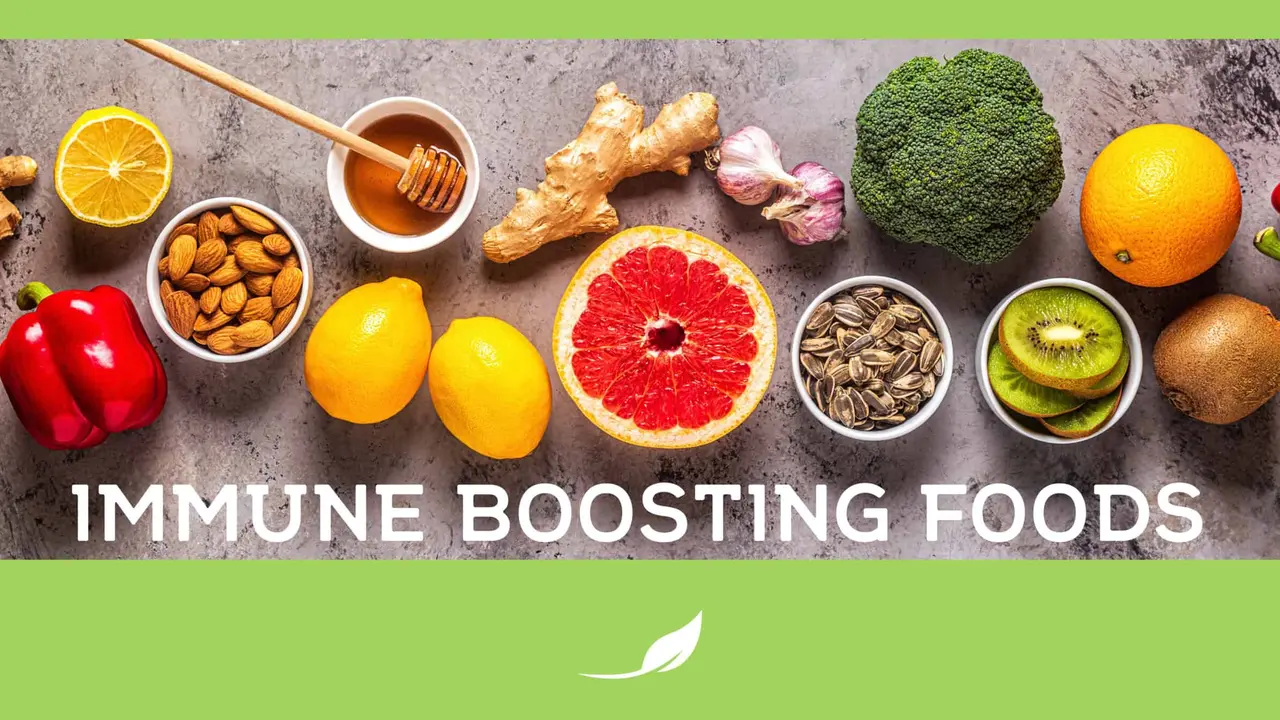Nutritional Benefits: Simple Tips for Better Health
Want to know how everyday foods and a few smart supplements can actually improve how you feel? You’re in the right place. Below you’ll find plain‑spoken advice that cuts through the hype and shows you what really works.
Top Foods with Big Nutritional Payoff
First up, the basics. Leafy greens like spinach and kale pack vitamin K, iron, and fiber without a lot of calories. Berries—especially blueberries—give you antioxidants that help protect cells from damage. If you need a quick protein boost, try eggs, Greek yogurt, or a handful of nuts; they also bring healthy fats that keep you full longer.
Don’t overlook simple drinks. A glass of plain cranberry juice (no added sugar) can support urinary health, as research shows it reduces bacteria sticking to the bladder wall. Pair that with plenty of water and you’ll stay hydrated and help your kidneys flush out waste.
How to Choose Safe Supplements
Supplements can fill gaps, but not all are created equal. Look for products that list the exact amount of each ingredient and have a third‑party seal (USP, NSF, etc.). Ground pine, for example, is gaining attention for its anti‑inflammatory properties, but you still need a reputable brand to avoid contaminants.
When you’re unsure, start with a low dose and see how your body reacts. If you experience any stomach upset or unexpected side effects, stop and talk to a pharmacist or doctor. Remember, more is not always better.
Reading nutrition labels is easier than you think. Focus on the first three nutrients listed—usually calories, total fat, and sugar. If the sugar content is high, look for alternatives like stevia or natural fruit sweeteners. Also, watch for hidden sodium in “low‑fat” foods; sometimes manufacturers add salt to keep taste.
Cooking methods matter, too. Steaming vegetables keeps most vitamins intact, while deep‑frying can strip them away and add unwanted oils. If you love flavor, try roasting with a drizzle of olive oil; the healthy fats actually help your body absorb fat‑soluble vitamins A, D, E, and K.
Meal planning can save you money and keep nutrition on track. Pick a day to write a simple menu, shop a list of whole foods, and prep a few meals in advance. Having ready‑to‑eat options reduces the temptation to grab processed snacks that lack real nutrients.
One practical habit is to add a serving of fruit or veg to every meal. That could be a banana on your cereal, a side salad with dinner, or a smoothie for lunch. Small changes add up without feeling like a diet.
If you’re curious about a specific herb or food, check out our detailed articles. We have guides on ground pine, cranberry juice, and many more, each breaking down the science, typical dosages, and safety tips in plain language.
Finally, listen to your body. Energy levels, digestion, and mood are good signals of whether your nutrition is on point. If you notice persistent fatigue or gut issues, it might be time to revisit your food choices or talk to a professional.
These simple steps—eating nutrient‑dense foods, choosing vetted supplements, and staying mindful of labels—can give you a solid nutritional foundation. You don’t need fancy jargon or expensive programs; just a few practical habits that fit into your daily life.
Boost Your Immunity and Improve Your Health with the Wonders of Mangosteen Supplements
Hello, healthy folks! I'm excited to share with you today about using mangosteen supplements as a powerful tool to boost your immunity and improve your health! I've been raving about these nutrition-packed wonders that have been making remarkable changes to my wellbeing. Believe me, embracing mangosteen in my diet has been a game-changer, and I'm here to tell you why it should be part of your health regimen too! Stay tuned, let's explore the world of mangosteen together!
Learn more...